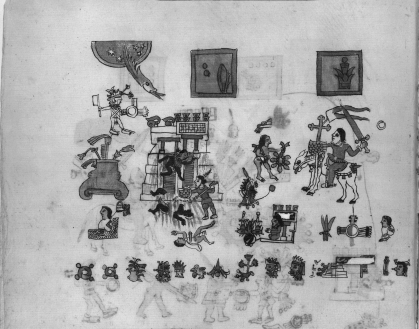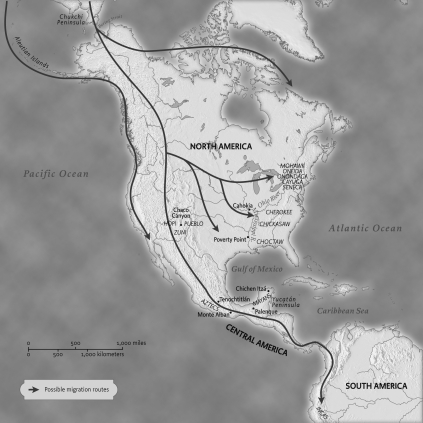Exam 1: A New World
Exam 1: A New World90 Questions
Exam 2: Beginnings of English America, 1607-166094 Questions
Exam 3: Creating Anglo-America, 1660-1750100 Questions
Exam 4: Slavery, Freedom, and the Struggle for Empire, to 176377 Questions
Exam 5: The American Revolution, 1763-178381 Questions
Exam 6: The Revolution Within67 Questions
Exam 7: Founding a Nation, 1783-179176 Questions
Exam 8: Securing the Republic, 1791-181579 Questions
Exam 9: The Market Revolution, 1800-184077 Questions
Exam 10: Democracy in America, 1815-184073 Questions
Exam 11: The Peculiar Institution76 Questions
Exam 12: An Age of Reform, 1820-184075 Questions
Exam 13: A House Divided, 1840-186187 Questions
Exam 14: A New Birth of Freedom: the Civil War, 1861-186579 Questions
Exam 15: What Is Freedom: Reconstruction, 1865-187787 Questions
Exam 16: Americas Gilded Age, 1870-189072 Questions
Exam 17: Freedoms Boundaries, at Home and Abroad, 1890-190086 Questions
Exam 18: The Progressive Era, 1900-191663 Questions
Exam 19: Safe for Democracy: the United States and World War I, 1916-192068 Questions
Exam 20: From Business Culture to Great Depression: the Twenties, 1920-193270 Questions
Exam 21: The New Deal, 1932-194065 Questions
Exam 22: Fighting for the Four Freedoms: World War II, 1941-194567 Questions
Exam 23: The United States and the Cold War, 1945-195369 Questions
Exam 24: An Affluent Society, 1953-196071 Questions
Exam 25: The Sixties, 1960-196873 Questions
Exam 26: The Conservative Turn, 1969-198870 Questions
Exam 27: From Triumph to Tragedy, 1989-200464 Questions
Exam 28: A Divided Nation64 Questions
Select questions type
In colonial America, what was an example of a borderlands area?
(Multiple Choice)
4.9/5  (35)
(35)
In Europe on the eve of colonization, one conception of freedom, called "Christian liberty,"
(Multiple Choice)
4.8/5  (39)
(39)
In 1776, Adam Smith observed what fact about the Western Hemisphere?
(Multiple Choice)
4.8/5  (36)
(36)
The first permanent European settlement in the Southwest, established in 1610, was:
(Multiple Choice)
4.8/5  (34)
(34)
Which of the following is true of freedom in New Netherland?
(Multiple Choice)
4.9/5  (30)
(30)
Which of the following is true of Spain's explorations of the New World?
(Multiple Choice)
4.8/5  (45)
(45)
Cortés in Mexico
Lienzo de Tlaxcala
 -The Aztecs' religion and sacrifice rituals were
-The Aztecs' religion and sacrifice rituals were
(Multiple Choice)
4.8/5  (33)
(33)
Why were Bartolomeu Dias's and Vasco da Gama's voyages important?
(Multiple Choice)
4.7/5  (39)
(39)
In Defense of the Indians
Bartolomé de las Casas
From the fact that the Indians are barbarians it does not necessarily follow that they are incapable of government and have to be ruled by others, except to be taught about the Catholic faith and to be admitted to the holy sacraments. They are not ignorant, inhuman, or bestial. Rather, long before they had heard the word Spaniard they had properly organized states, wisely ordered by excellent laws, religion, and custom. They cultivated friendship and, bound together in common fellowship, lived in populous cities in which they wisely administered the affairs of both peace and war justly and equitably, truly governed by laws that at very many points surpass ours . . .
Yet even if we were to grant that this race has no keenness of mind or artistic ability, certainly they are not, in consequence, obliged to submit themselves to those who are more intelligent and to adopt their ways, so that, if they refuse, they may be subdued by having war waged against them and be enslaved. . . . We are bound by natural law to embrace virtue. . . . No one, however, is punished for being bad unless he is guilty of rebellion. Where the Catholic faith has been preached in a Christian manner as it ought to be, all men are bound by natural law to accept it, yet no one is forced to accept the faith of Christ.
-How were Las Casas's views of the Indians different from the views of British settlers in North America?
(Multiple Choice)
4.9/5  (42)
(42)
Map: Native Ways of Life, ca. 1500
 -According to the map, which of the following was true about native populations in the Northwest and present-day California?
-According to the map, which of the following was true about native populations in the Northwest and present-day California?
(Multiple Choice)
5.0/5  (46)
(46)
Showing 61 - 80 of 90
Filters
- Essay(0)
- Multiple Choice(0)
- Short Answer(0)
- True False(0)
- Matching(0)